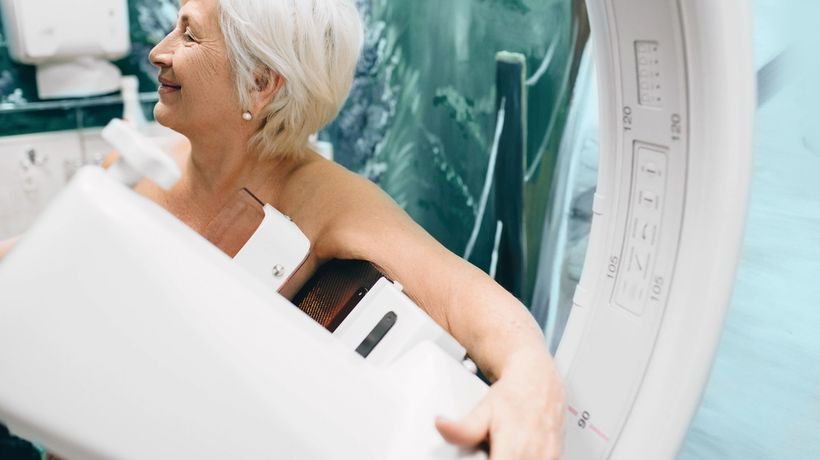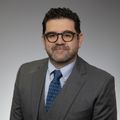At the South Bend Clinic Breast Center, we use a thorough and caring approach to identify and treat various breast-related issues in women and men. One in every eight women will develop breast cancer, which is an unsettling statistic. Early detection of breast cancer is a woman’s best line of defense, thus it is our mission to combine cutting-edge technology with the expertise of our breast imaging doctors to find breast cancer when it is still in its early stages and more easily treatable.
Mammography is an imaging tool to screen for breast cancer. With the use of compression and X‑rays, this technology can digitally capture photos of your breast. By zooming in, adjusting the picture brightness, or changing the contrast on the computer, your radiologist can more closely examine the images and make it easier for all breast areas. We provide 3D mammography, which enables your radiologist to view your breast problem layer by layer using a 3D scan. Your radiologist can evaluate your breast tissue in one-millimeter layers rather than one flat, dense image, which makes any abnormalities easier to understand.
Self-schedule screening mammograms
Existing patients can self-schedule their screening mammography appointments 24 hours a day, 7 days a week, through the Duly Health and Care app powered by MyChart. Upon logging in available locations and appointment times will be visible to patients, enabling them to self-schedule their screening mammograms.
For those without MyChart accounts, call 574−237−9203 to schedule an appointment.
Scheduling made easy.
- Log in to the Duly Health and Care app.
- Click on the“Schedule a Mammogram” icon.
- Select“Schedule an Appointment.”
- Under“Tell us why you’re coming in,” select“Screening Mammogram.”




